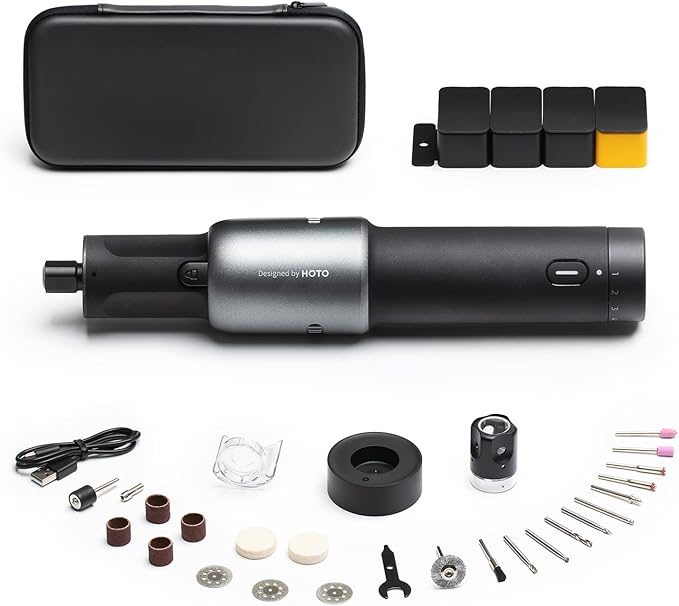As such, let's take a look at some of the words of our Sages and Chasidic teachings about the importance of joy and happiness in our lives.
King David in Psalms advises us, “Serve G-d with joy, come before Him with jubilation.”
The power of joy is unlimited, for, as stated in the Talmud, “Joy breaks all boundaries.”
Joy and Happiness
When’s a good time to be happy? Anytime! But especially now, as we approach the Jewish month of Adar, concerning which our Sages state: “When Adar starts, we increase our simcha – joy.”
As such, let’s take a look at some of the words of our Sages and Chasidic teachings about the importance of joy and happiness in our lives.
King David in Psalms advises us, “Serve G-d with joy, come before Him with jubilation.”
The power of joy is unlimited, for, as stated in the Talmud, “Joy breaks all boundaries.”

























